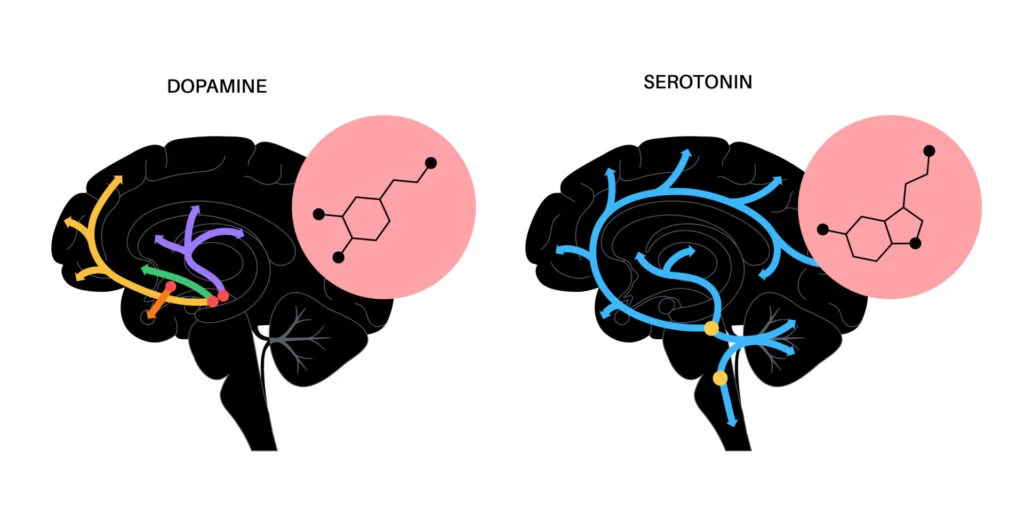
Exposure to Full-Spectrum Light Enhances Brain Function, Alertness & Cognitive Performance
“True” full-spectrum light, which includes the complete range of wavelengths found in sunlight, has demonstrated “immediate and profound effects” on brain function, alertness, cognition, and overall well-being, resulting in enhanced productivity, mental health, and quality of life.
Understanding Full-Spectrum Light

Full-spectrum light comprises all wavelengths of visible light, along with invisible ultraviolet (UV) and infrared (IR) radiation. In contrast to typical artificial lighting, which is deficient in many of these wavelengths, natural sunlight offers a balanced spectrum that our bodies have adapted to over millions of years. This natural light not only brightens our environment but also plays a vital role in regulating various physiological processes.
Immediate Impact on Brain Function

One of the most immediate benefits of exposure to natural full-spectrum light is the enhancement of brain function. This improvement is mainly facilitated through the regulation of circadian rhythms. The human body possesses an internal clock that aligns with the 24-hour day-night cycle. Exposure to natural light, particularly in the morning, assists in resetting this clock, resulting in better cognitive performance throughout the day.

Natural full-spectrum light exposure has been associated with heightened alertness. This correlation arises from its effect on melatonin production, a hormone responsible for regulating sleep-wake cycles. When individuals are exposed to sunlight, particularly blue light, melatonin production is inhibited, resulting in heightened alertness and wakefulness. This effect occurs almost immediately, rendering natural light an effective means of counteracting drowsiness and enhancing focus and energy.
Enhancing Cognitive Functions

Research indicates that exposure to natural light can enhance various cognitive functions, such as memory, attention, and problem-solving abilities. This improvement is partly due to the increase in serotonin levels in the brain, a neurotransmitter linked to mood, cognition, and overall mental health. Elevated serotonin levels can result in improved mood and motivation, subsequently enhancing cognitive performance.
Mechanisms Behind the Benefits

Circadian Rhythms and Melatonin
The regulation of circadian rhythms is a key mechanism through which natural full-spectrum light improves brain function. Circadian rhythms are biological processes that operate on a roughly 24-hour cycle, affecting sleep, hormone production, and other bodily functions. Exposure to natural light, especially in the morning, aids in synchronizing these rhythms, leading to improved sleep quality and greater daytime alertness.
Serotonin and Dopamine

Natural light significantly affects the synthesis of serotonin and dopamine, two neurotransmitters that are vital for regulating mood and cognitive abilities. Serotonin is commonly known as the “feel-good” hormone due to its function in fostering feelings of happiness and well-being. An increase in exposure to natural light can raise serotonin levels, thereby enhancing mood and cognitive performance.
Dopamine, another important neurotransmitter, is essential for motivation and reward. Research indicates that exposure to natural light can boost dopamine levels, which in turn improves motivation and the capacity to concentrate on tasks.
Vitamin D Synthesis

The skin’s production of vitamin D is stimulated by exposure to UVB rays from natural light. Vitamin D is crucial for maintaining brain health, as it influences the generation of neurotrophic factors that support neuron growth and survival. Sufficient levels of vitamin D have been associated with enhanced cognitive function and a lower risk of neurodegenerative disorders.
Real-World Applications

Workplace Productivity
The advantages of natural full-spectrum light can be utilized to improve productivity in the workplace. Many offices rely on artificial lighting, which may not provide the optimal conditions for brain function. By integrating more natural light, particularly in task lighting, organizations can enhance employee alertness, mood, and cognitive performance.
Education
In educational environments, exposure to natural light has been proven to enhance students’ focus, mood, and academic success. Classrooms that benefit from abundant natural light can foster a more engaging and effective learning atmosphere, resulting in improved outcomes for students.
Mental Health

Natural light therapy serves as an effective intervention for Seasonal Affective Disorder (SAD) and various other types of depression. By simulating the spectrum of natural sunlight, light therapy can assist in regulating circadian rhythms and increasing serotonin levels, thereby alleviating depressive symptoms and enhancing overall mental well-being.
Conclusion
The immediate and diverse advantages of natural full-spectrum light on cognitive function, alertness, mental processes, and overall wellness highlight the necessity of optimizing our exposure to natural light in everyday life. Utilizing the benefits of natural light can result in considerable enhancements in both mental and physical health.
As studies progress in revealing the intricate relationships between light and our biological systems, the possibility for natural sunlight or SOLshine to improve human performance and life quality becomes more apparent.